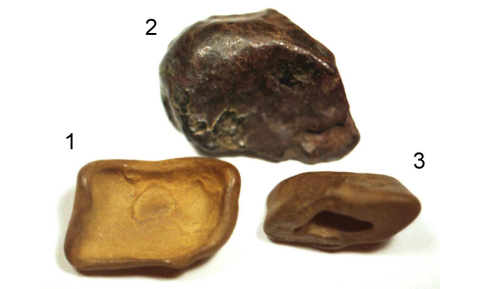- First Tunguska Meteorite Fragments Discovered
- With Florida Project, the Smart Grid Has Arrived
Smart grid technology has been implemented in many places, but Florida’s new deployment is the first full-scale system.
The first comprehensive and large scale smart grid is now operating. The $800 million project, built in Florida, has made power outages shorter and less frequent, and helped some customers save money, according to the utility that operates it.
- Google Glass and the Rise of POV
Will Google Glass revive a controversial cinematographic technique?
The other day I wrote about how I was skeptical about advertisements ever finding a home on Google Glass, largely for reasons of “screen real estate” (“reality real estate” may be more apt). I urged readers to take my argument with a grain of salt, having neither sampled Google Glass nor having seen a simulation of it. Yesterday, Google finally posted a video introduction to the Google Glass experience. Check it out here:
- Maker of World’s Most Boring Car Stops Making Cars
Coda Automotive’s uninspired EV failed to rouse customer interest.
The U.S. Department of Energy is being criticized for lending large sums of money to companies that went on to fail, like Solyndra, or appear to be on the cusp of failure, like Fisker Automotive (see “Why Tesla Survived and Fisker Won’t”). But here’s a company it turned down, and for good reason.
- The Twitter Account to Watch If You're Worried About Climate Change
The planet’s rising atmospheric CO2 levels may hit a symbolic milestone this month.
This May, the folks behind a Twitter account started four months ago are preparing to tweet an event that the planet has not seen in an estimated four million years.
- Genomic Study Spots Which Tumors Are Deadliest
Genomics signatures in uterine cancers could offer clues to prognosis.
The first comprehensive genomic analysis of endometrial tumors divides the cancer into four subtypes and suggests potential changes to current treatment paradigms. The study, published on Wednesday in the scientific journal Nature, is the latest result of the Cancer Genome Atlas, a U.S.-funded effort to improve cancer treatment with better diagnoses and targeted drug treatments.
Digest powered by RSS Digest


